EERA Blog
European Educational
Research Association
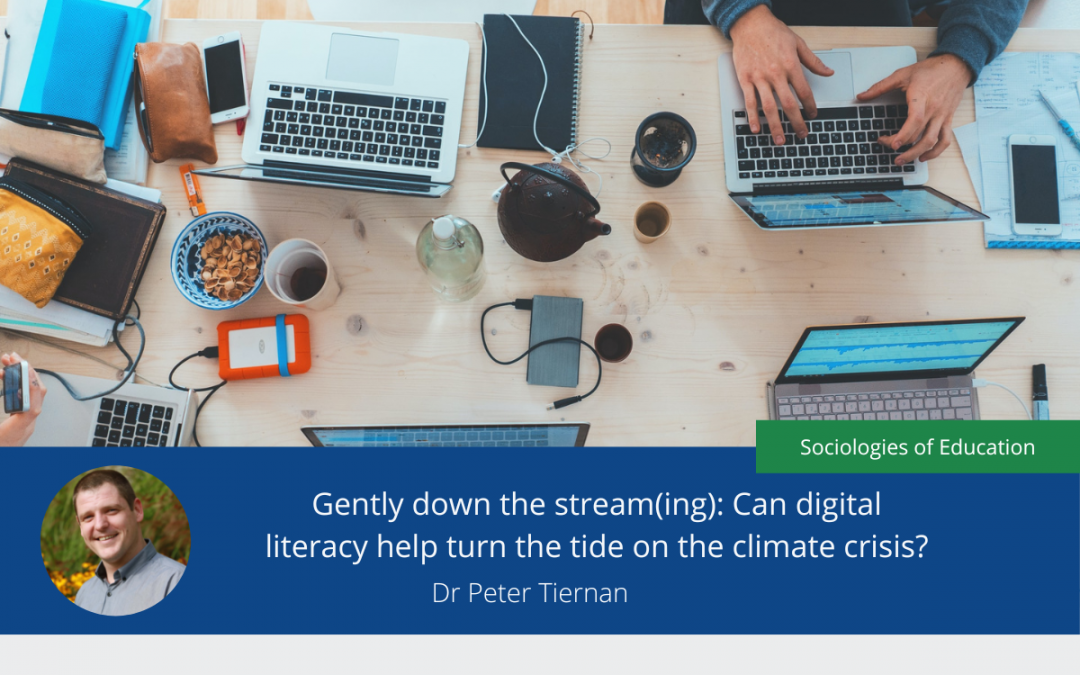
Gently down the stream(ing): Can digital literacy help turn the tide on the climate crisis?
The ubiquitous availability of digital content and web services has transformed the way we live, work, and learn (List et al., 2020). Technology provides us with tools to manage and accomplish work, content to entertain us, and applications to document, store and share our lives online. It is within this context that digital literacy features prominently in policy documentation and educational literature, recognising digital literacy as an essential skill for 21st-century living (Pérez-Escoda et al., 2019). However, as we stand on the precipice of climate disaster, is it time for digital literacy to focus its attention on the impact our increasing digital activity has on the environment?
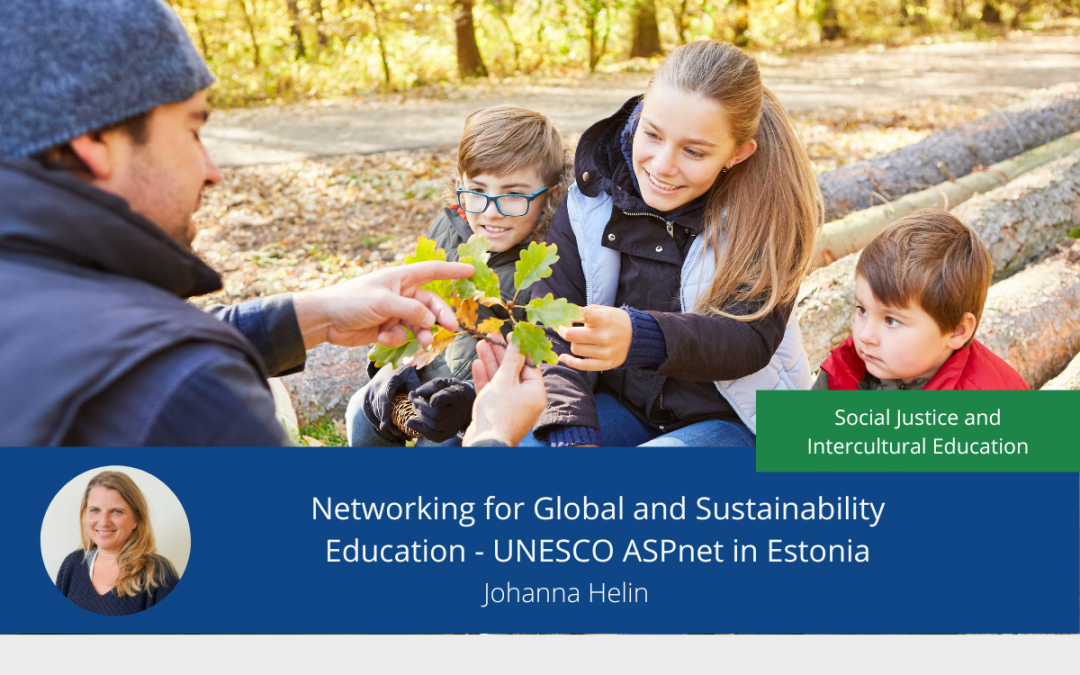
Networking for Global and Sustainability Education – UNESCO ASPnet in Estonia
UNESCO is tasked to ensure that education serves the values of peace, human rights, freedom, justice and democracy, respect for diversity, and international solidarity as defined in the UN Charter and the Constitution of UNESCO. Since 1953, the organisation has offered schools in its member states the opportunity to apply to be part of the UNESCO Associated Schools Network (ASPnet), which supports the promotion of the UNESCO ideals. Today, the ASPnet connects more than 11,500 schools in 182 countries, and the current strategy aim for the network is to support Education for Sustainable Development (ESD) and Global Citizenship Education (GCED). These are seen as the key instruments for...
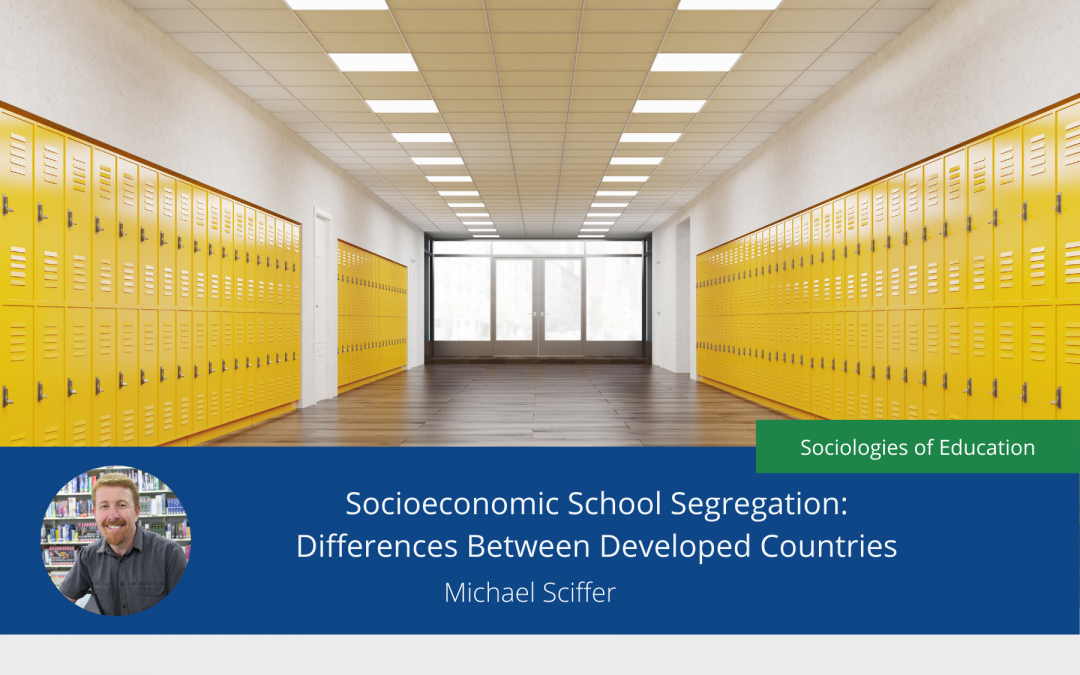
Socioeconomic School Segregation: Differences Between Countries
The segregation of students into different schools according to socioeconomic status, ethnicity and migration status is a substantial social problem in many countries. This can often lead to the provision of differing learning opportunities to students according to family background. School segregation can lead to national schooling systems strengthening intergenerational social inequalities. Such schooling systems present challenges to social cohesion and the individual development of students. An outcome of socioeconomic school segregation is disparities between the socioeconomic composition of schools, or average school socioeconomic status, within national schooling systems....
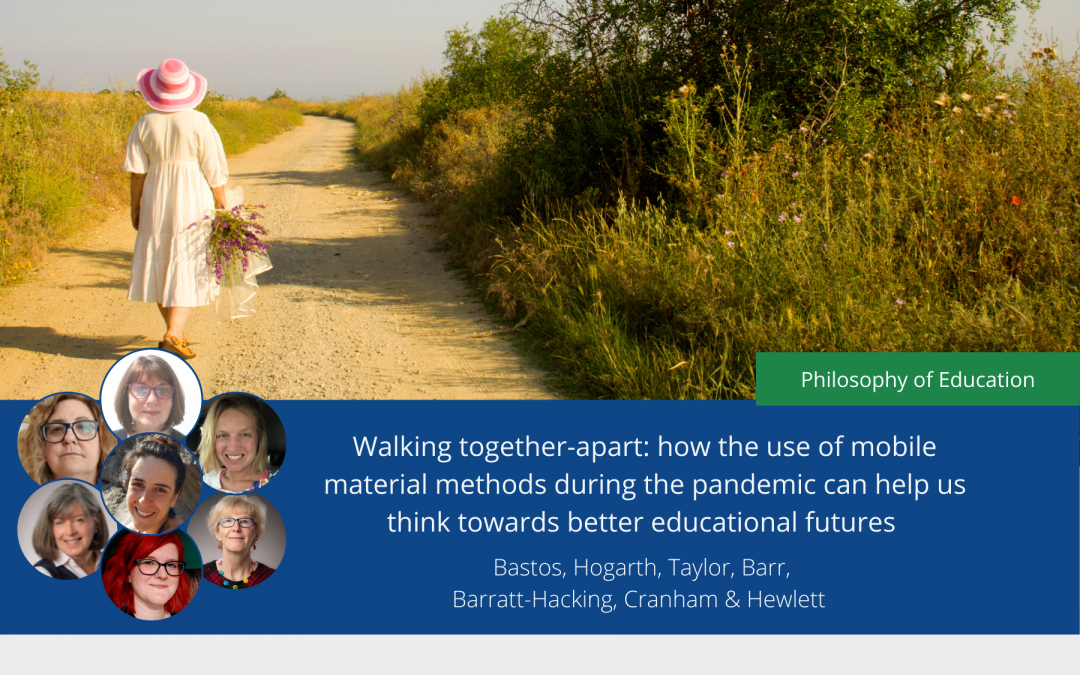
Walking together apart – how mobile material methods can help us think towards better educational futures
Whilst working from home during the COVID-19 pandemic, many of us have been bound to our chairs and desks, suffering screen fatigue, isolation, and anxiety. In this context, an invitation to ‘get up and move’ enticed seven of us, all at different stages in our careers, to take part in a refreshing research opportunity. This blog offers some insights which emerged as we walked, talked, wrote, crafted, and immersed ourselves in walking as a methodological practice.An invitation: ‘Get Up and Move’Framed by the feminist approach of Collective Biography (Gannon and Davies, 2006), we shaped a practice of walking together-apart which involved us in walking in different geographical locations at...
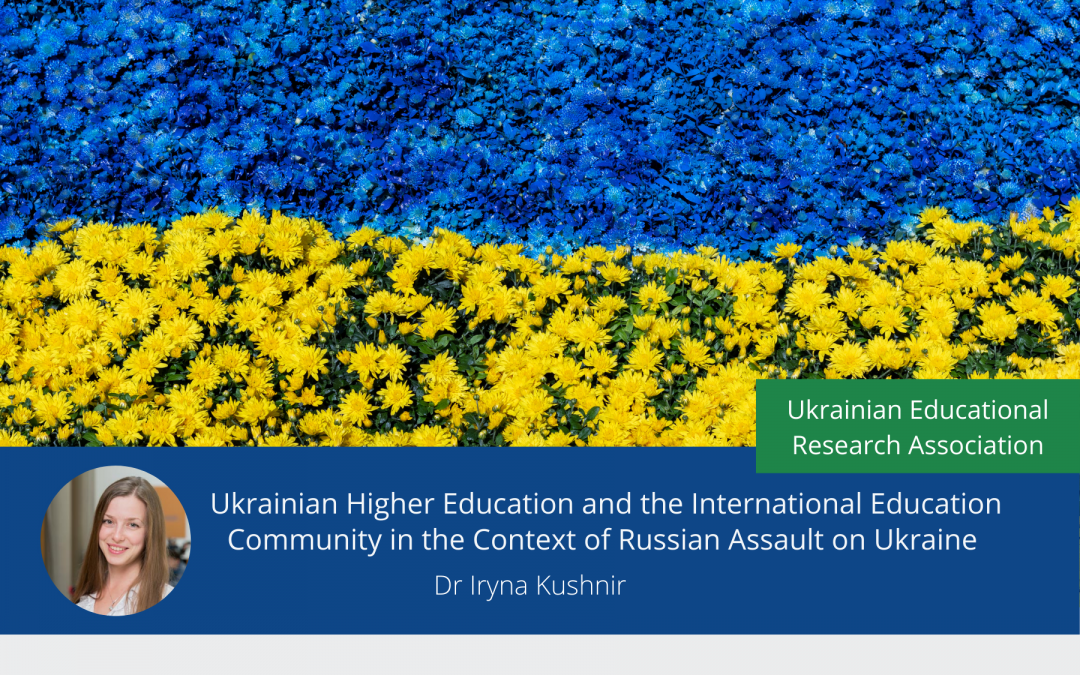
Ukrainian Higher Education and the International Education Community in the Context of Russian Assault on Ukraine 
On the 24th of February 2022, the world witnessed the most unexpected and unbelievable turn of events – a full-scale war in a country located in geographical Europe. Russian government and military, in cooperation with their partners in Belarus, launched a military assault on Ukraine’s infrastructure, civilians’ lives, freedoms, and sovereignty. Higher education (HE), along with other areas of life, has taken a backstage while people have been sheltering and/or fleeing to seek safety. Nevertheless, the backstage for Ukrainian wounded HE in these circumstances does not mean a full submergence by the war. The number of damaged or destroyed educational establishments, including higher...
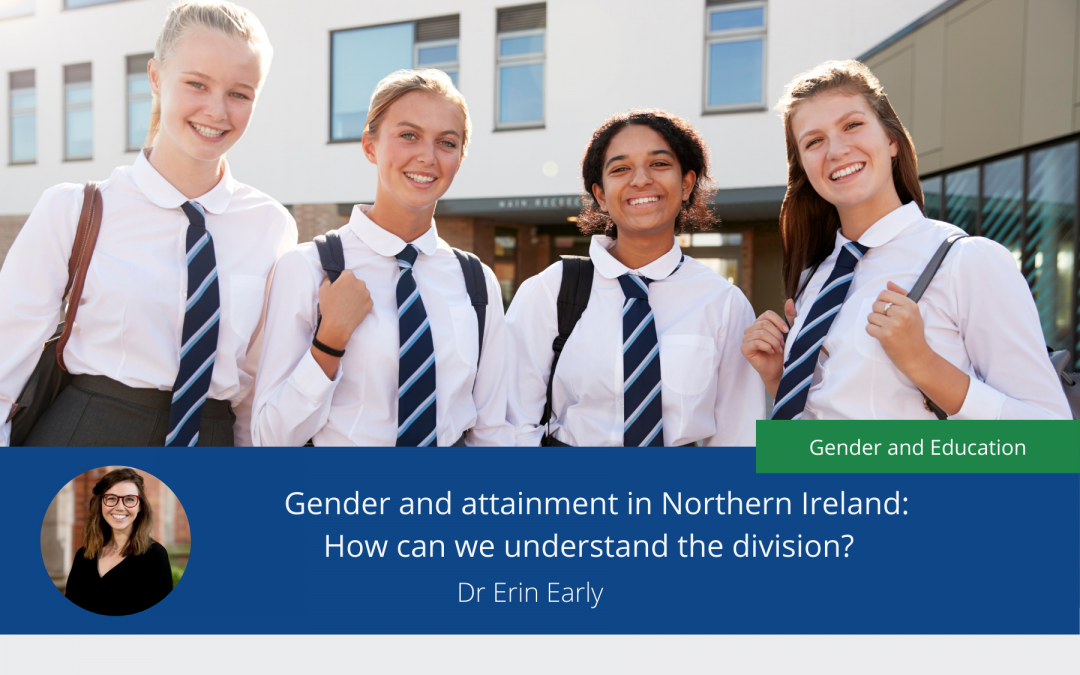
Gender and attainment in Northern Ireland: How can we understand the division?
Post-primary attainment is commonly measured through GCSE (General Certificate of Secondary Education) examinations which are completed in the final year of compulsory schooling in the UK at age 16. The GCSE attainment outcomes of pupils are annually reported in Northern Ireland by the Department of Education. They are presented according to school type (grammar schools which select pupils based on their academic ability on an entrance test (also known as the transfer test) or non-grammar schools which are not academically selective in their intake of pupils), socio-economic status (Free School Meal Eligibility) and gender. The gendered division in educational attainment in Northern...
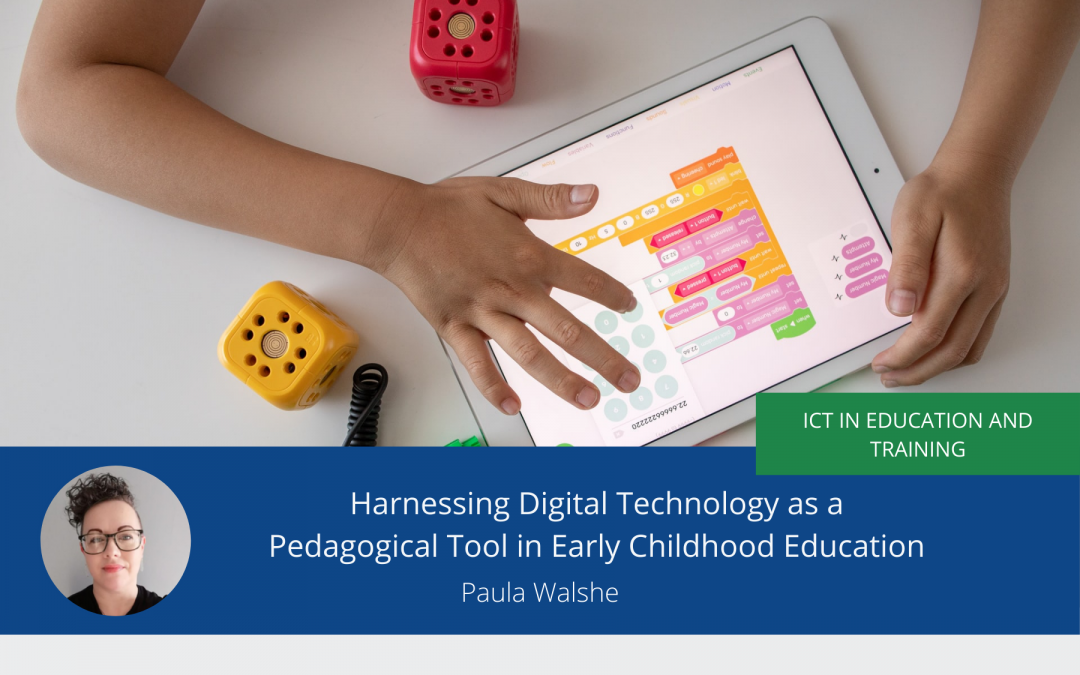
Harnessing Digital Technology as a Pedagogical Tool in Early Childhood Education
Children today are born into a world where digital technology is omnipresent and permeates all areas of their lives (O’Neill, 2018). Yet one area which appears hesitant to embrace technology and harness the possibilities it can provide is the early childhood education sector (ECEC). Here in Ireland, the Department of Education and Skills (DES) has developed a digital strategy for primary and post-primary schools. This is fortified by a national support service which provides training and resources to support teachers in successfully incorporating technology in their educational practice. However, the DES has stopped short of recommendations for technology to enhance learning for children...
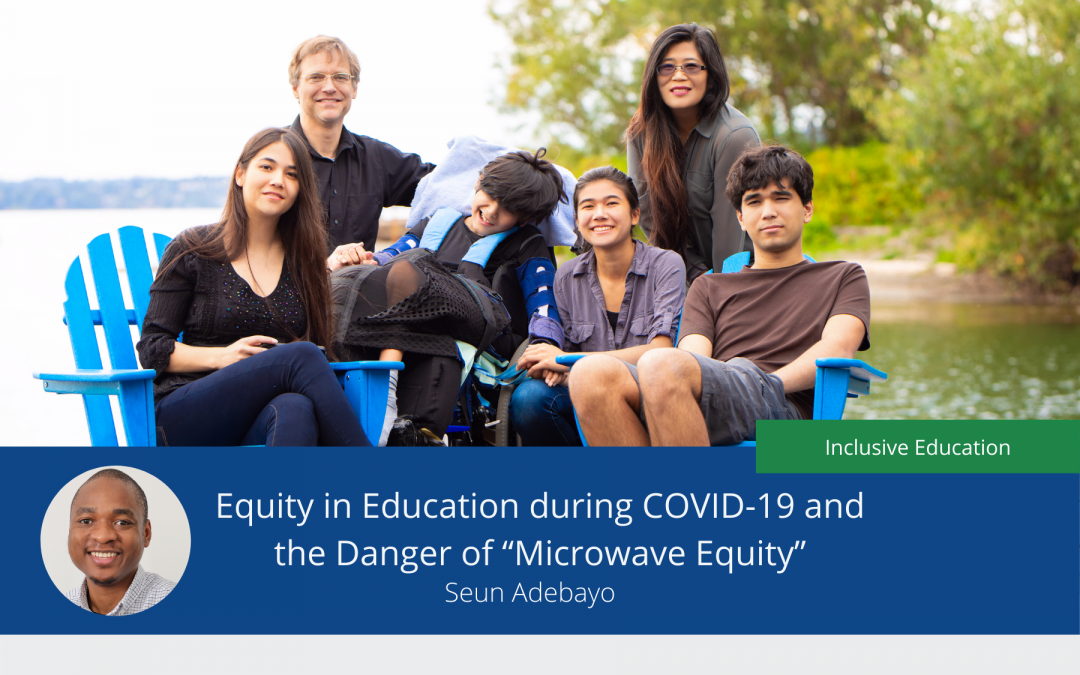
Equity in Education during COVID-19 and the Danger of “Microwave Equity”
The last two years have been quite challenging for the world and for educators. First, the COVID-19 pandemic shut down the world for a while, and many learning institutions were closed as a result of the pandemic.[1] At the same time, the increasing strength of the anti-racism movement from the United States and across the world has highlighted the importance of equity, inclusion, and equality in education in such a time as this. The COVID-19 pandemic and subsequent school closure globally led to 1.6 billion children[2]missing out on education, which has further amplified the inequalities inherent in many education systems. In many regions around the world, for example, in Europe, groups...
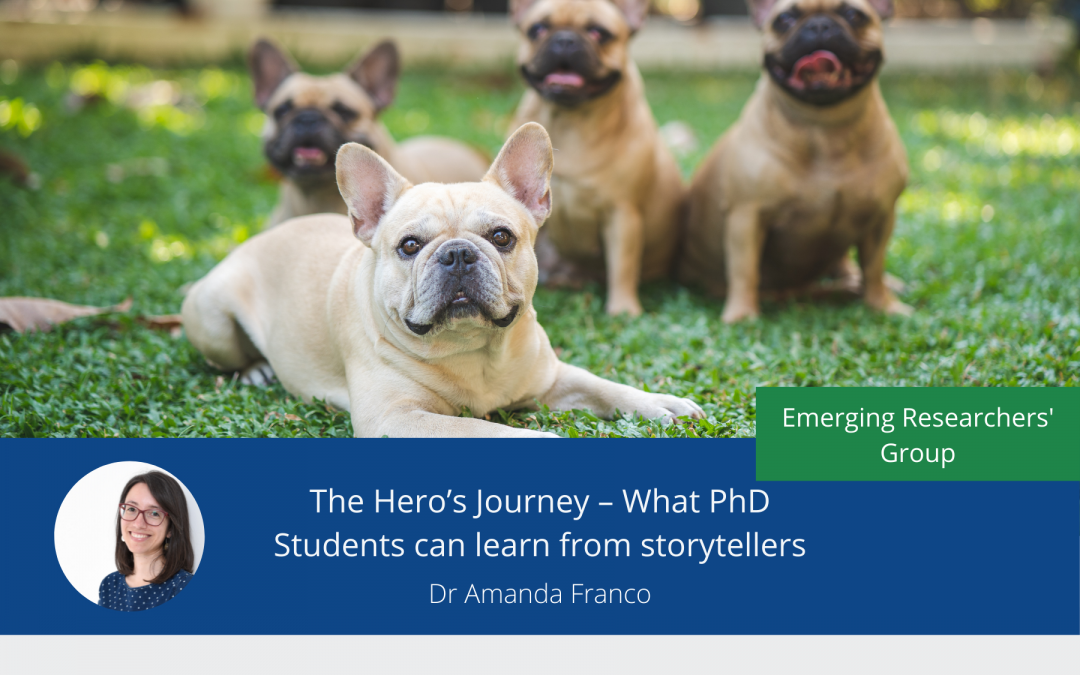
The Hero’s Journey – What PhD Students can learn from storytellers
Are you an early educational researcher struggling with the three monumental philosophical questions – where am I, where do I come from, and where am I headed – regarding your project? Nice to meet you. I wrote this post for you. Having experience as an educational researcher, I was recently asked to share it with my peers, who are also pursuing a master's degree in pedagogical supervision – the majority of whom are teachers, and for whom this is a first-time experience undertaking educational research. I revisited my PhD Hero's Journey to share with them the joys and hardships of an educational research project. The hero's journey refers to the mythological narrative archetype that has...
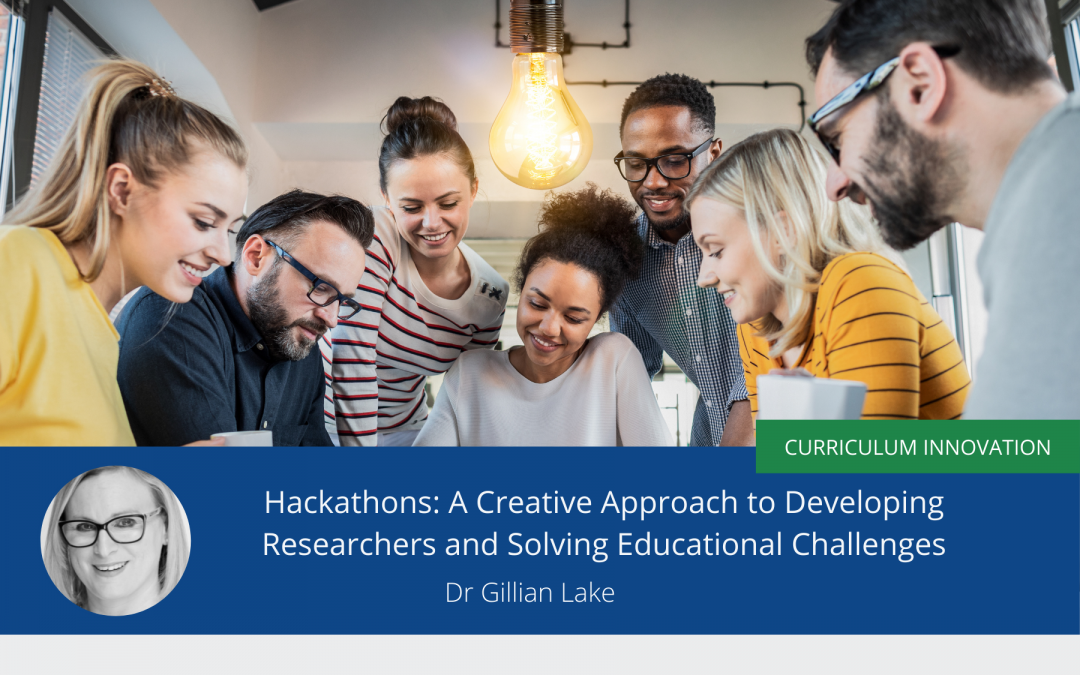
Hackathons: A Creative Approach to Developing Researchers and Solving Educational Challenges
What do we expect from our education postgraduate research graduates in the 21st Century? The pace of society and its workplaces demands innovative, creative thinkers. This sits alongside all of the composite research skills they should acquire during their research degree (Ireland’s Nationals Skills Strategy 2025, DES; Doctoral Skills Statement, IUA). During the slow burn of a research degree, it can be tricky to obtain fast-paced transversal skills, such as innovation, dynamism, and quick problem-solving. Events that allow research students to use strategies like design-based thinking (Razzouk & Shute, 2012) through challenge-based learning (CBL) tasks offer a way to do this. An...
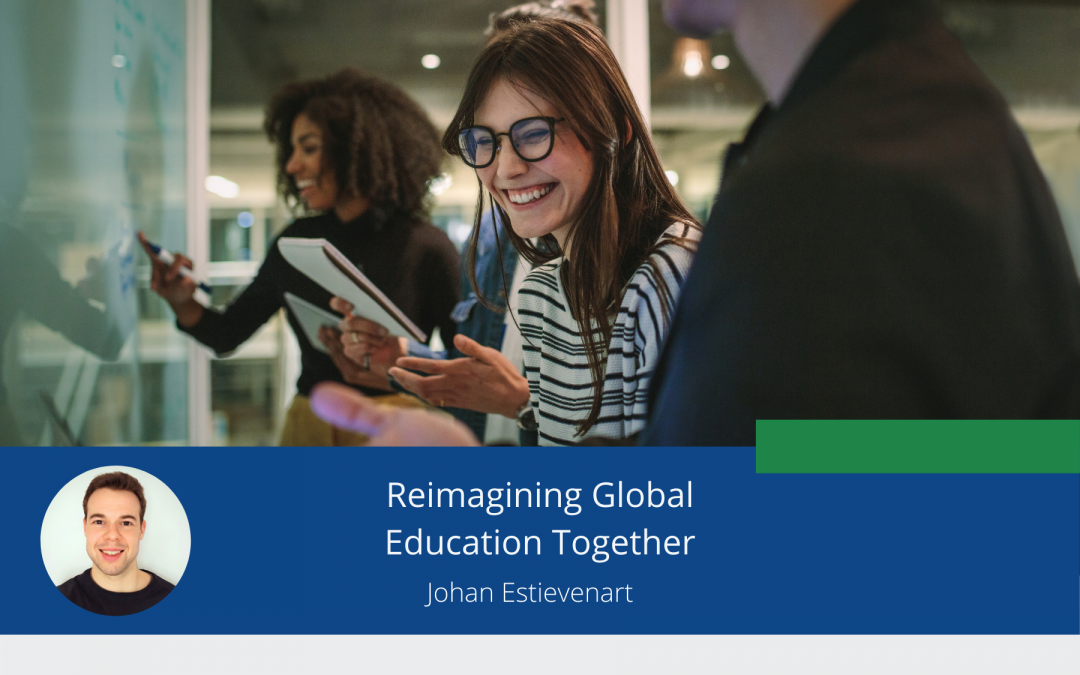
Reimagining Global Education together: towards a more comprehensive and contextually relevant understanding for the future
Global education is an emerging research theme in Finland. Although primarily framed within a European context, it is important to ensure that any form of global education is locally relevant. Within a local Finnish context, then, research done by different scholars at different institutions must be in tune with one another. With this purpose in mind, scholars from various universities in Finland met for a three-day retreat organised by the Global Education Research in Finland (GERIF-network) on 9 December 2021 at the Konnevesi research station, near the town of Jyväskylä. Global education research, as any research topic, benefits from being mapped and made visible. This allows peers to...
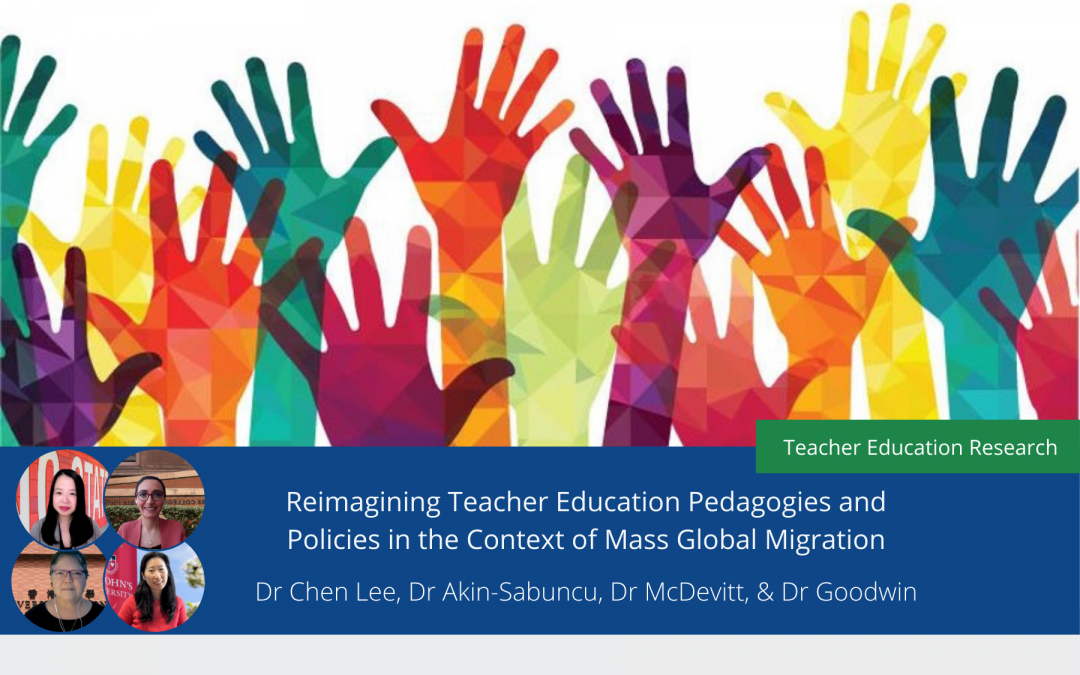
Reimagining Teacher Education Pedagogies and Policies in the Context of Mass Global Migration
Diversity across the world is hardly new, but its nature is changing given the growing number of refugee and migrant children, placing increasing stress on schools to meet their learning needs [1] These increases in transnational mobility have teachers struggling to reconsider their everyday practices to accommodate many more newcomers in their classrooms, even while immigrant and refugee students lag behind their nonimmigrant peers academically. [2] [3] [4] In 2019, the number of international migrants reached 272 million; 33 million of them were children. Among the world’s migrants are nearly 29 million refugees and asylum seekers who have been forcibly displaced from their own...
Write for the EERA Blog
If you’d like to contribute to the EERA blog, take a look at our Submission Guidelines to find out how to successfully pitch a blog post to our Editorial Team. Then send us a quick email to blog-mail@eera.eu
We look forward to hearing from you
